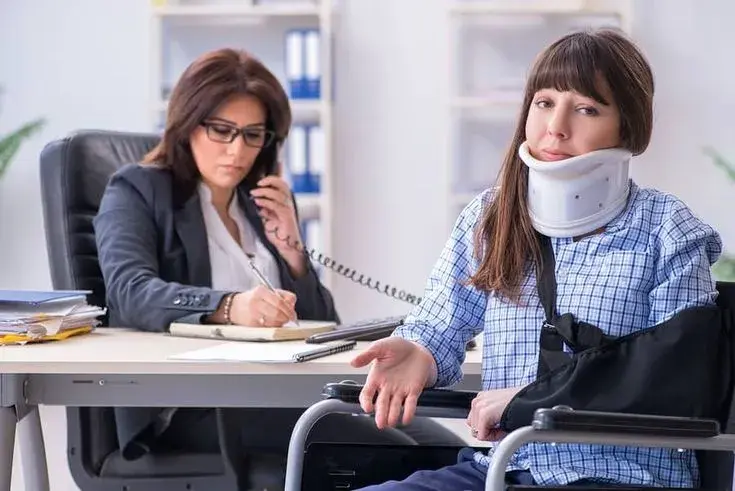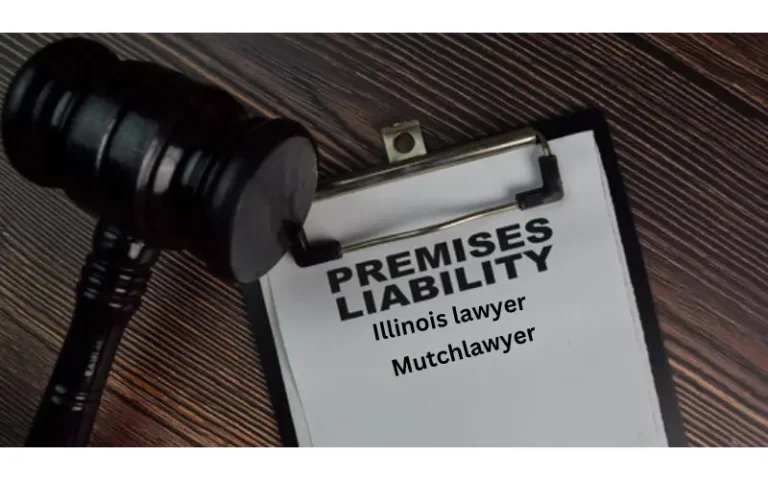California Premises Liability Law is key if you have been injured on someone else’s property. This law holds property owners accountable for keeping their spaces safe. Whether it’s a slip-and-fall accident at a grocery store or an injury from a dangerous condition at a friend’s house, premises liability plays a big role in determining who is responsible.
If you have been hurt on someone’s property, you may have legal options. Let’s dive in and explore how California’s law protects you.
What is Premises Liability?
Premises liability is the legal responsibility of property owners to maintain safe environments for visitors. If a property has dangerous conditions, and someone is injured because of them the owner could be held responsible.
For example, if a store owner leaves a spill on the floor and someone slips and falls, the store owner may be liable for the injury. The owner must take reasonable steps to prevent accidents. This includes cleaning up hazards and ensuring the space is safe.
Duty of Care in California Premises Liability Law
In California, property owners have a duty to keep their property safe. This duty changes depending on the type of visitor.
- Invitees: These are people who enter a property for business purposes, such as customers at a store. Property owners owe them the highest duty of care. They must make sure the premises are free from hazards and warn visitors about potential dangers.
- Licensees: These are social guests or people who enter for personal reasons. Property owners are only required to warn them about dangers they are aware of.
- Trespassers: People who enter without permission. Generally, property owners are not liable for injuries to trespassers, except in rare situations, such as when the owner intentionally harms them.
Common Causes of Premises Liability Injuries
Many hazards can lead to premises liability injuries. Some common causes include:
- Slip and Fall Accidents: Wet floors, uneven floors, or obstacles can cause falls that lead to serious injuries.
- Falling Objects: Items like boxes or displays can fall and cause injury.
- Poor Lighting or Security: Inadequate lighting or security in areas like parking lots can lead to accidents or assaults.
- Broken Stairs or Malfunctioning Elevators: Faulty equipment or broken infrastructure can also contribute to injuries.
How to Prove a Premises Liability Case in California
To win a premises liability case, you need to prove the following:
- The Property Owner’s Responsibility: You must show the property owner was responsible for the area where the injury occurred.
- Hazardous Condition: You need to prove there was a dangerous condition that led to the injury.
- Notice of the Hazard: You must show the property owner knew, or should have known, about the hazard.
- Injury and Damages: You need to prove you were injured and suffered damages, such as medical bills or lost wages.
Practical Example of Premises Liability
Here’s a simple example:
Imagine you walk into a retail store. You see a wet floor in an aisle but there are no warning signs. As you walk by, you slip and break your leg. The store knew about the spill but did not clean it up or warn customers.
In this case, the store may be held liable for your injuries. You would need to show that the store knew about the hazard and failed to take action to fix it. With the right evidence, you could recover medical costs, lost wages and other damages.
California’s Statute of Limitations for Premises Liability Cases
In California, you have two years from the date of the injury to file a premises liability claim. This is known as the statute of limitations. If you wait too long, the court may dismiss your case.
There are exceptions to this rule, especially if the injury was not immediately discovered or if the property owner is a government entity. It’s important to act quickly to protect your rights.
What Should You Do If You Are Injured on Someone’s Property?
If you are hurt on someone else’s property, here are the steps you should take:
- Get Medical Help: Your health is the top priority. Even if you don’t think the injury is serious, get checked by a doctor.
- Report the Injury: Let the property owner or manager know about the accident and make sure it’s documented.
- Document the Scene: Take photos of the hazard, your injuries, and the area where the injury happened. This will help support your claim.
- Consult a Lawyer: An experienced premises liability lawyer can help you navigate the legal process and improve your chances of getting the compensation you deserve.
FAQs
What is premises liability?
Premises liability is the legal responsibility of property owners to keep their property safe. If someone is injured due to a hazard on the property, the owner may be liable.
Who can file a premises liability claim?
Anyone who is injured on someone else’s property due to unsafe conditions can file a claim.
What is the statute of limitations for premises liability cases in California?
You have two years to file a claim. If you wait longer, your case may be dismissed.
Do I need a lawyer for a premises liability claim?
While it’s not required, a lawyer can help ensure you get the compensation you deserve.
What compensation can I receive in a premises liability case?
You may be entitled to compensation for medical expenses, lost wages, pain and suffering, and other damages.
Final Thoughts
California Premises Liability Law is designed to protect people who are injured due to unsafe conditions on someone else’s property. If you’ve been injured, you may be entitled to compensation. It’s important to act quickly, document everything, and seek legal advice.
If you or a loved one has been injured on someone else’s property MutechLawyer can help. Contact us for a free consultation, and let us guide you through the process of securing the compensation you deserve.




Leave a Comment